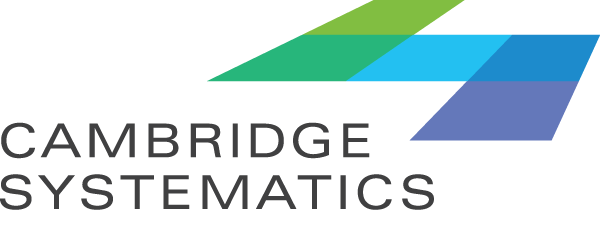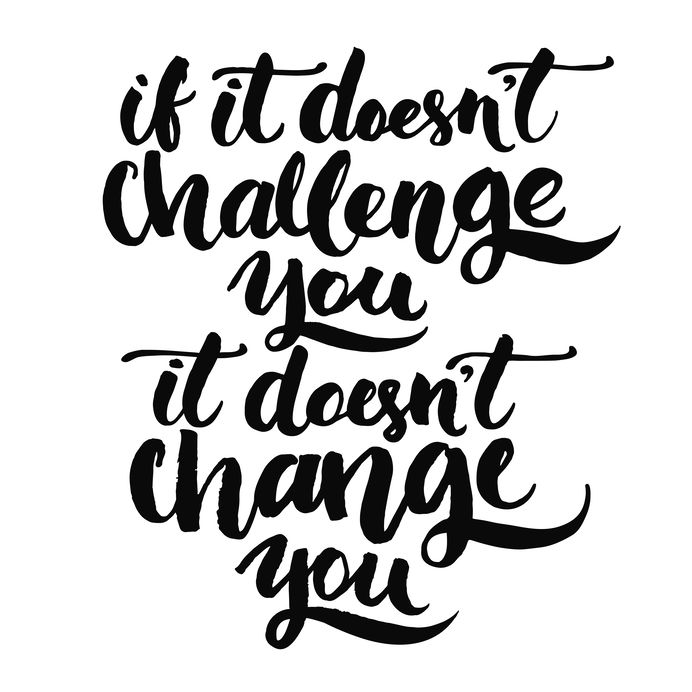
It’s an understatement to say that 2020 has been a challenging year. And to make matters worse, the dust hasn’t settled yet. When it comes to global health crises, social upheaval, major job losses and business closures, the resulting social challenge and economic hardships are overwhelming. “We’re all in this together” is the common refrain. Yet, knowing that we aren’t alone in these struggles is not particularly comforting.
To cope and adjust, most leaders read, study, research, test, try, share, engage and collaborate with others. With that in mind, we spoke with four B2B thought leaders to learn how they are dealing with marketing challenges specifically. Here are their insights.
“What’s the greatest marketing challenge you face in the next six months and how do you plan to address it?”

Melih Oztalay, SmartFinds Marketing

The first [challenge] is related to the pandemic in which businesses are not preparing for “the day after.” Businesses that have the financial resources to stay in the market are going to win. Those that do not have the financial resources will lose.
It’s the latter that causes difficulty as we try to help those who are ill-prepared and in dire need of revenue. We are preparing for this is by keeping our clients educated and presenting them with a plan on keeping their competitive edge “the day after.”

The second challenge we face is technological. 5G, artificial intelligence (AI), machine learning and predictive analytics have made significant headway in maturing into valuable business marketing tools. It’s imperative for us in the digital marketing world to better understand these tools, how to use them and implement them strategically for our clients. For example, AI predicts which articles or ads certain users are likely to click, making ad campaigns more effective.
Melih Oztalay has over 25 years of experience in developing successful, efficient, and strategic web marketing and advertising solutions for businesses. In addition to being the CEO of SmartFinds Marketing, he is an industry author, guest speaker and subject matter expert on radio shows.
Dina Wolfman Baker, Cambridge Systematics

Our greatest marketing challenge in the next six months and beyond is providing ongoing benefit to the industry and consumers. We’ll accomplish this by leveraging our market leadership role to help drive positive COVID-19 recovery approaches and equity in transportation.
This requires a multi-faceted approach that considers near-, mid- and long-term needs and spans our services and products. We’ve harnessed our ThinkForward brand to communicate a partnership in reinvention with our market.
Examples in response to COVID-19 include:
- Mobility Forward to help transit systems reimagine what mobility means to their communities.
- Delivery Forward to frame freight forecasts for uncertain times and help plan for the years to come.
- Planning Forward to help agencies at every level to focus on planning for uncertainty, risk and resiliency and resource allocation and prioritization.
- Open-source software that contributes to keeping communities moving safely, now through recovery. This is done by helping people locate essential services, like COVID-19 testing locations and food sources. It also eases access via transportation or delivery options.
- Expansion of our LOCUS anonymized data offering to help agencies understand the transportation, travel pattern and local economic impacts of the pandemic so they can take data-driven actions to move their communities through recovery.
- Advising on platform options and effective meeting design to help agencies continue to fulfill their obligations for public meetings and stakeholder engagement in a virtual setting.

More than a year before the current societal focus on racial justice issues, Cambridge Systematics began an intensive assessment of diversity, equity and inclusion (DEI) within the firm. This process led to the establishment this summer of four strategic pillars that underly all that we do. Although three of these focus internally, one underpins how we go to market: promoting equity within transportation. We recognize that our leadership position in our industry—one that is intrinsically bound up with access to healthcare, jobs, food, social networks and other supports—gives us both the opportunity and the responsibility to proactively bring an equity lens to our work.
While all of this may sound like opportunity as much as challenge, it requires that we turn on a dime to rethink and reintroduce how we bring our expertise to our clients. We are taking risks. In some cases, we are launching early and iterating after, because the need is too great to hold back. In the meantime, our traditional work continues, staffing remains lean and the horizon for continuing in this vein is long. We are anticipating the next set of needs, staying open to shifting priorities, checking in on employee well-being while they give so much of themselves and—critically important—listening closely to our clients.
Dina Wolfman Baker is principal and head of marketing and communication at Cambridge Systematics where she develops strategic plans that balance creative vision and practical focus. Working primarily in the public sector, Cambridge Systematics is committed to making transportation better for future generations.
Laura Patterson, VisionEdge Marketing

Challenges inside the shop:
We feel very fortunate to have wonderful customers and to be able to continue to serve them. As we look ahead to the rest of the year, scaling for us is our biggest challenge. We’re seeing an increase demand for more online working sessions. To support scaling this type of engagement, we’re exploring how we might create some online on-demand programs. I’d be curious to know whether this idea appeals to this community.
What challenges we see on the outside:
With the increased availability of online events—webinars, live streaming, etc. —our customers are finding it harder to maintain high levels of participation. This is because there are so many programs every day from which customers can join. Rather than broad umbrella topics promoted with a wide net, we’re finding better results when customers do two things: focus, focus, focus, and target, target, target. This entails knowing exactly who you want to engage and what is of value to them. For some marketing organizations this will require better research, data and insights-gleaning capabilities.

Laura Patterson is president of VisionEdge Marketing and a trusted advisor with global customer engagement expertise within the technology, financial services, life sciences and manufacturing industries. She is passionate about helping companies take a customer-centric, data-to-insights approach to growth.
John Golden, Author

There’s going to be competition within firms’ newly limited budgets. Most businesses are scaling back and adapting, re-evaluating how best to allocate resources. There will be budget cuts. This means there will be internal struggles for a slice of the budget. It’s important for departments to orient their efforts in new and effective ways. Similar to how we must provide value proposition to clients, we must provide value proposition to leaders and stakeholders.
John Golden is the Amazon bestselling author of two books. This first is Winning the Battle for Sales: Lessons on Closing Every Deal from the World’s Greatest Military Victories. The second is Social Upheaval: How to Win at Social Selling. John is a globally acknowledged sales and marketing thought leader, speaker and strategist. He has conducted over 350 video interviews of thought leaders for Sales POP! online sales magazine and has a podcast channel on iTunes with more than 287 audio interviews. He is chief sales and marketing officer at Pipeliner CRM.
Embracing the Challenge

We know the future is impossible to predict. Therefore, businesses should focus their sights on the recovery phase and what they can do to facilitate the journey. No matter what the future holds, marketers are not only gearing up for change but for embracing it as well. Today’s business leaders are faced with endless concerns, and it’s difficult to know where to prioritize time and resources. One way to choose is to seek insights from those who are facing similar challenges. When leaders embrace the new and work together, we can emerge from the crisis with a greater connection to each other and our community. All of this will support our businesses in the future.
